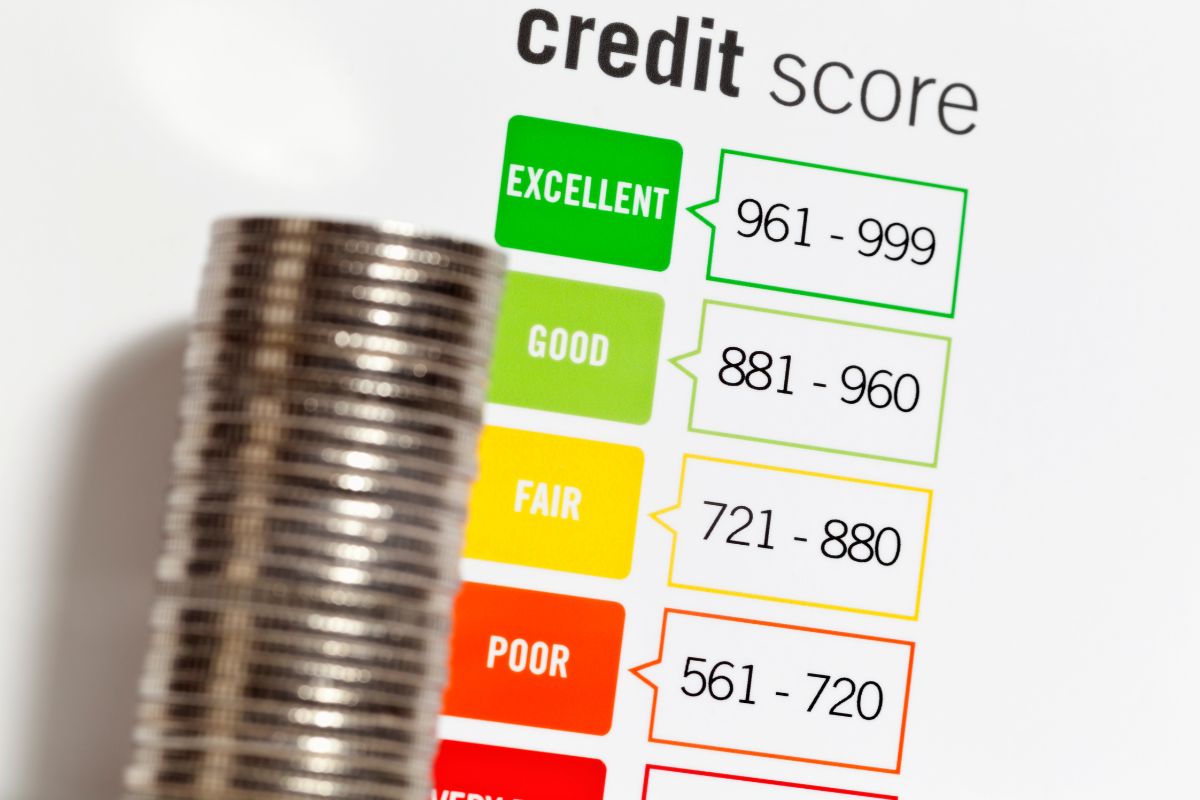Start Building Credit Early as a Student: Fast and Simple Tips to Get Ahead

To build credit quickly, students should start early and stay consistent. They can use smart strategies. For example, they can get a secured credit card, pay on time, and keep credit use low. This sets them up for a strong credit profile before graduation.
Why Building Credit Early Matters
Building credit while in school lays the foundation for future financial success. A good credit score can enable you to:
- Qualify for student loans, car loans, and mortgages at lower interest rates.
- Get approved for rental applications and job screenings
- Access more superior credit cards with higher limits and better rewards.
The longer the better: the earlier you start, the more time you have to build a good credit history, which is more important than having a high score.
1. Obtain a Student or Secured Credit Card
One of the quickest ways to start building credit is by opening a student credit card or a secured credit card:
- Student credit cards are for young adults who have limited income and no credit history. They normally have a lower limit and fewer perks; however, they actually report to the credit bureaus.
- Secured credit cards require a deposit in cash, which then becomes your credit limit. They’re easier to get approved for and are a safer way to build credit.
Use your card for small purchases and pay off the full balance each month. That tells lenders you are responsible and can be trusted.
2. Becoming an Authorized User
Have a parent or other trusted adult add you to their credit card as an authorized user. Their good credit behavior could give you a credit-score boost, even if you never use the card. Just make sure that:
- The account is in good standing.
- The issuer reports authorized users to the credit bureaus
This is a low-risk way to start building credit, without going into debt yourself.
3. Always Pay on Time
Payment history is the heaviest factor in determining your credit score, and one missed payment can keep your credit score down for years. To stay on track:
- Set up automatic bill payments or reminders
- Pay at least the minimum amount due on time each month.
- Avoid late fees and penalties
Making on-time payments proves to lenders that you are responsible and starts building a good credit profile.
4. Keep Credit Utilization Low
Credit utilization is the measure of how much available credit you’re using. The experts say to try to keep it below 30%. Example:
- You need to keep it below ₹3,000 if your credit limit is ₹10,000.
- Pay off your balance early, or a number of times in a month, in order to keep below the threshold.
Low utilization means you aren’t using too much credit, which improves your score.
5. Consider a Credit-Builder Loan
Some banks and several credit unions offer special credit-builder loans specifically designed to help people establish credit. Here’s how they work:
- You borrow a small amount, say ₹5,000–₹10,000.
- The money stays in a savings account while you pay monthly installments.
- Once you pay back the loan, you will have the money—and a good credit history.
These are ideal for students looking to build credit but want to avoid using a credit card.
6. Monitor Your Credit Regularly
You can check your credit score and report for free using services such as CIBIL or Experian. Monitoring helps you in:
- Early identification of errors and fraud
- Track your progress over time
- Understand what affects your score
Many banks and credit card apps also offer free credit score tracking.
7. Avoid Common Mistakes
You can build credit fast but safely, by avoiding the following pitfalls:
- Missed payments: Just one missed payment can cause your score to drop a lot.
- Maxing out your card: High balances hurt your utilization rate
- Too many applications: Each application has a hard inquiry attached to it, which reduces your score.
- Co-signing loans: If the other person defaults, you’re responsible
Being cautious and informed helps to build credit without setbacks.
Final Thoughts
You don’t have to make much or employ some sort of rocket science to start building credit as a student. All it takes is just a few smart moves-getting a secured card, making timely payments, keeping balances low-and you are all set to establish a sound credit foundation that will serve you for many years to come. Get started now. Be consistent, and over time, your score will grow. The sooner you start, the more financial freedom you’ll enjoy after graduation.

